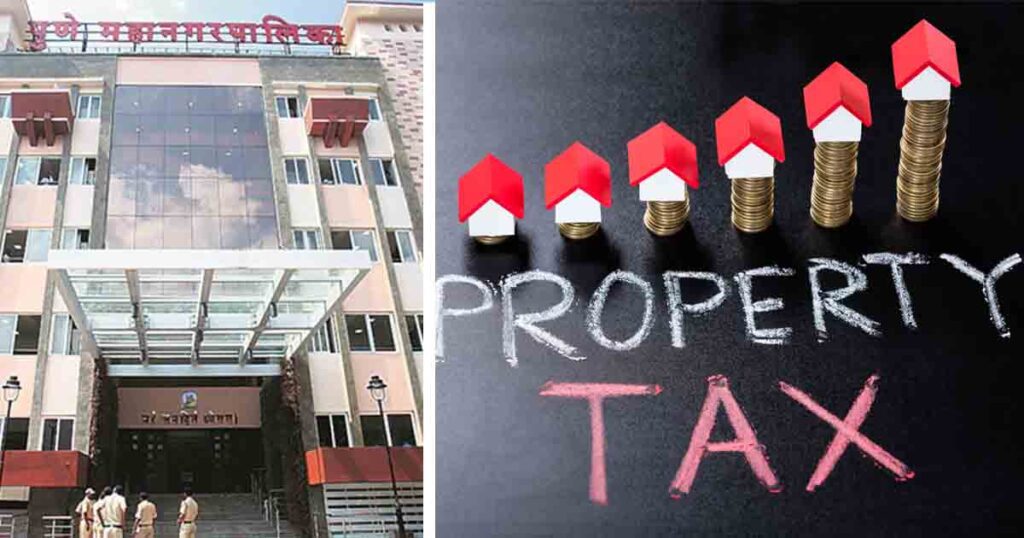Pune Municipal Corporation’s Revenue Soars to ₹ 2,300 Crore from Building Permissions in 2023-24

Pune Municipal Corporation's Revenue Soars to ₹ 2,300 Crore from Building Permissions in 2023-24
In a significant financial achievement, the Pune Municipal Corporation (PMC) reported a remarkable revenue surge, reaching ₹2,300 crore during the fiscal year spanning from April 1, 2023, to March 31, 2024. This notable increase in revenue was predominantly attributed to the granting of permissions for 1,773 new constructions within the city.
Comparatively, the PMC had generated a revenue of ₹1,636 crore in the preceding fiscal year, showcasing a substantial growth trajectory. The corporation’s revenue streams encompass a diverse array, including property tax, building permission cess, water tax, and GST contributions from both central and state governments. Notably, building permissions and property tax contribute significantly, collectively amounting to around ₹4,500 crore.
Further bolstering its financial standing, the PMC accrued additional income sources such as ₹200 crore from Local Body Tax (LBT), ₹155 crore from water tax, and ₹115 crore from various other heads. Cumulatively, the PMC’s total income for the fiscal year stood at an impressive ₹7,463 crore.
The building permissions department of the PMC plays a pivotal role in overseeing construction activities within its jurisdiction. Tasked with sanctioning building plans, layouts, and addressing illegal constructions through mechanisms like Transferable Development Rights (TDR), the department ensures strict adherence to PMC’s regulations and standards.
A senior PMC official from the building permissions department, attributed the robust revenue growth to increased activity in both residential and commercial sectors. He highlighted the implementation of several initiatives, including an enhanced auto DCR system aimed at expediting the building permission process, as instrumental in facilitating quicker approvals.
Under the leadership of an Indian Administrative Officer (IAS) overseeing the civic body in the absence of elected representatives, the PMC continues to fortify its financial footing through efficient management of revenue streams and strategic urban development initiatives.









